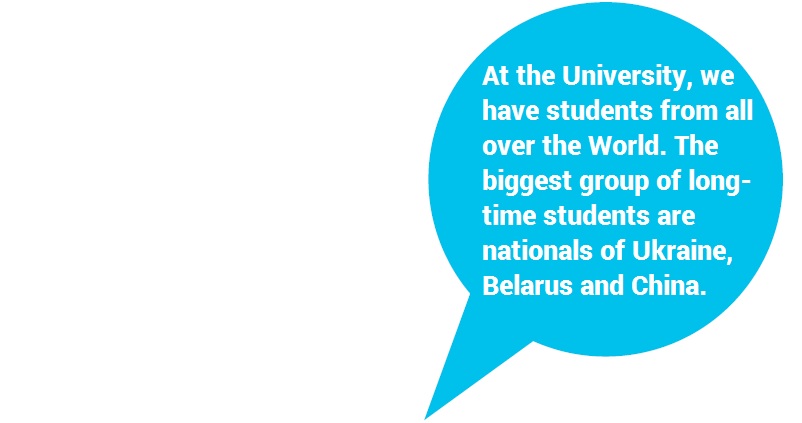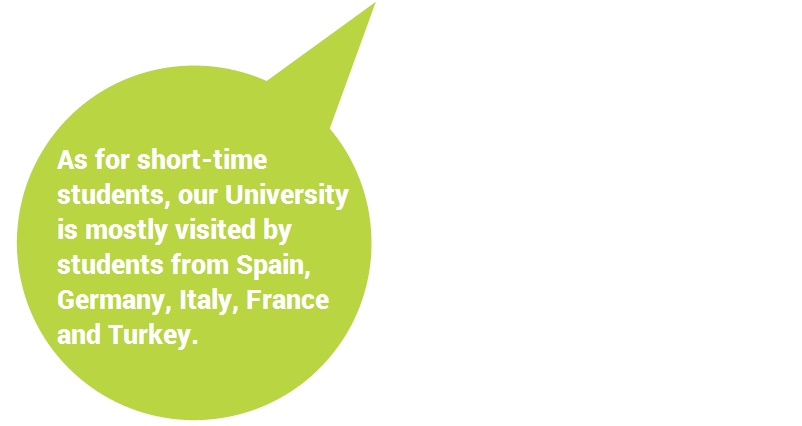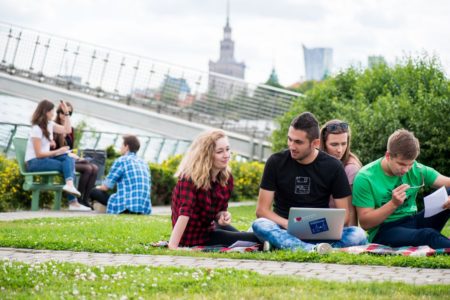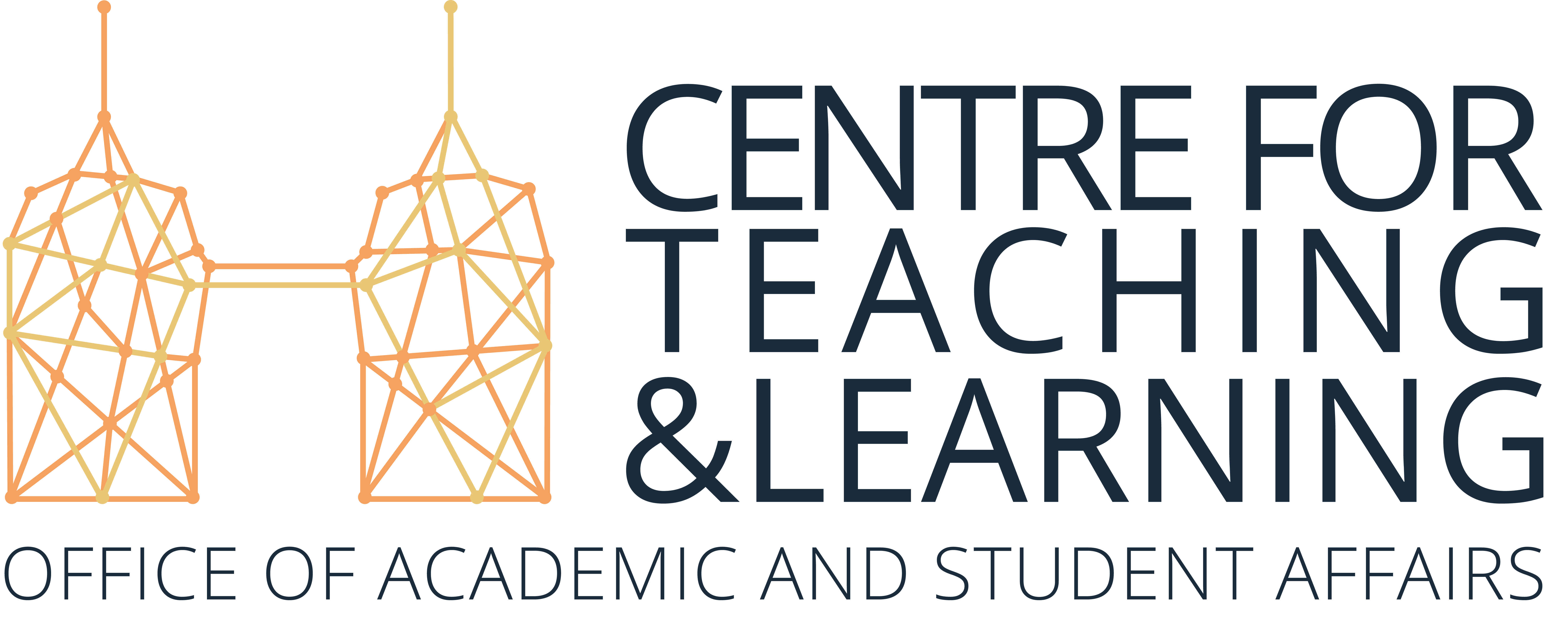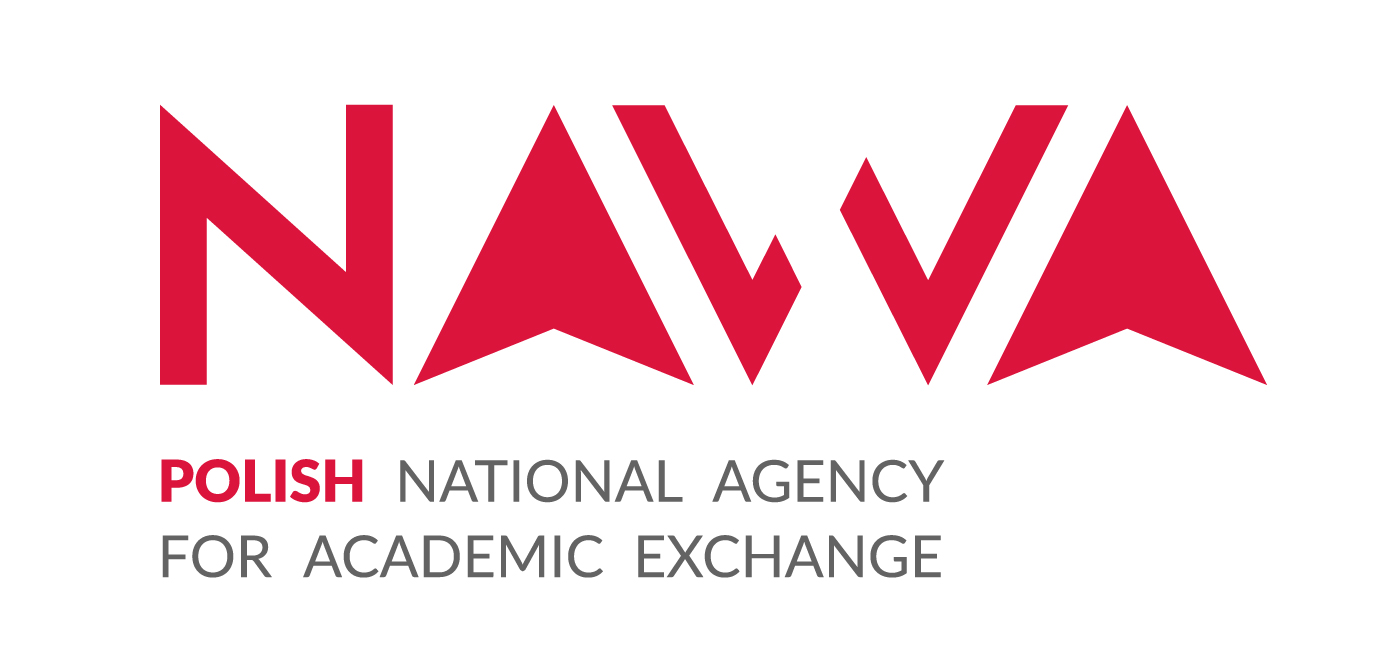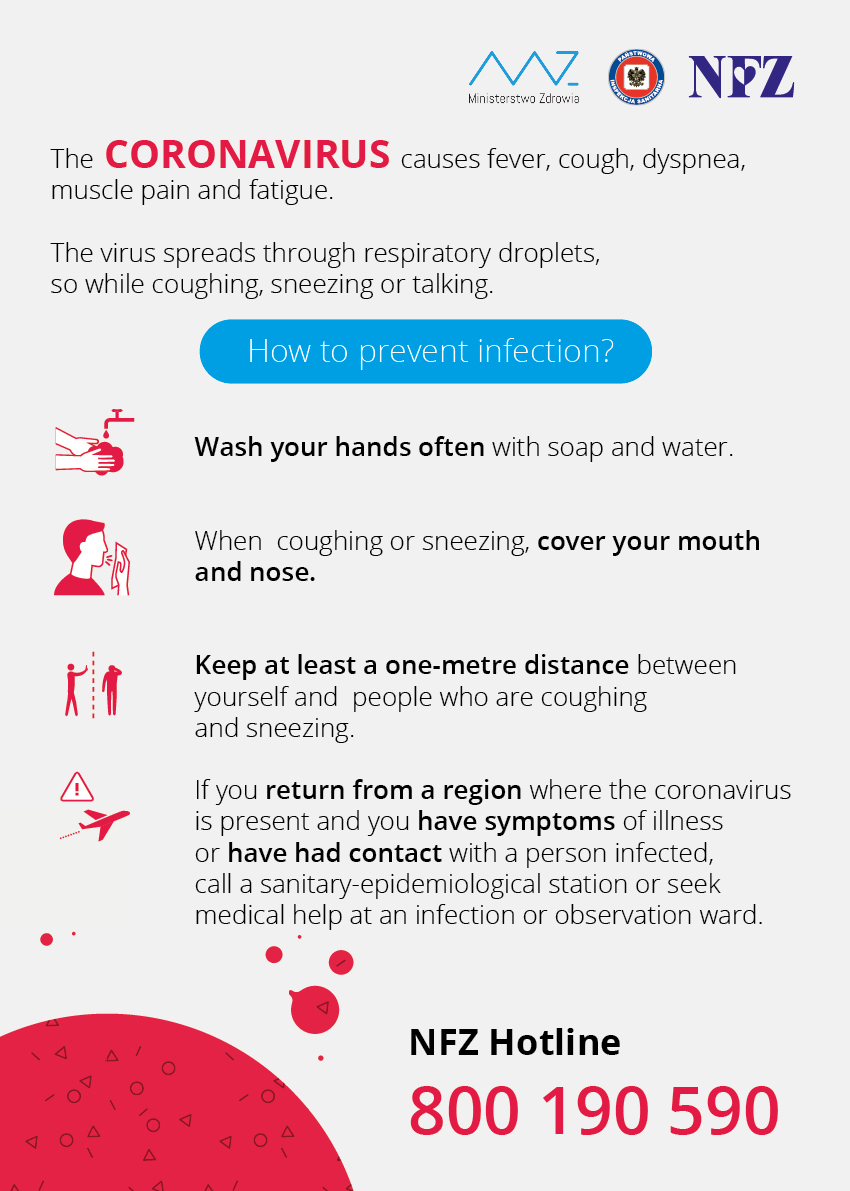
Basic protection against the novel coronavirus causing the COVID-19 disease from the website of the Polish Ministry of Health.
800 190 590 – National Health Fund helpline number for dealing with suspected coronavirus infection (also in English).
If you have any questions about coronavirus and the functioning of the University of Warsaw, send an email here: InfoCovid19@adm.uw.edu.pl
Information for people returning from north Italy, China, South Korea, Iran, Japan, Thailand, Vietnam, Singapore or Taiwan
If you have visited north Italy, China, South Korea, Iran, Japan, Thailand, Vietnam, Singapore or Taiwan in the last 14 days and you have noticed symptoms such as fever, cough, dyspnoea and breathing problems,
- you should immediately notify a sanitary-epidemiological station via phone or
- immediately seek medical help at an infection or observation ward, where the personnel will decide on a medical procedure to follow.
Here is the list of the sanitary-epidemiological stations in Warsaw:
- Provincial Sanitary and Epidemiological Station in Warsaw, Żelazna 79
phone number: 22 620 37 19 (extension 500)
- Border Sanitary and Epidemiological Station in Warsaw, Żwirki i Wigury 1
phone number: 22 650 25 33
- Poviat Sanitary and Epidemiological Station in Warsaw, Kochanowskiego 21
phone number: 22 310 79 00
What is a coronavirus?
The novel coronavirus SARS-Cov-2 causes a disease called COVID-19. The most common symptoms are fever, cough, dyspnoea, muscle pain and fatigue.
How often do the symptoms occur?
Severe illness is reported in 15–20% of people on average. Death is reported in 2–3% of patients. These numbers are probably inflated, as many cases where people developed mild illness were not confirmed with laboratory tests.
Who is at the highest risk?
The risk of developing severe illness and death is the highest in the case of the elderly, people with weakened immune systems and with pre-existing medical conditions, in particular chronic diseases.
How to protect yourself against the coronavirus?
The virus spreads through respiratory droplets. Currently, there is no vaccine for the novel coronavirus. You may use other methods to prevent infection, listed below. These methods are also used to prevent other diseases spreading through respiratory droplets, such as seasonal influenza (which peaks between January and March every year).
Where have cases of the coronavirus been reported by now?
The largest number of confirmed cases of the novel coronavirus infections was reported in China (99%), mainly in Hubei Province. The virus then spread to other countries in Asia, Europe, Oceania and North America, where more people were infected (e.g. in Germany, France and Great Britain).
RECOMMENDATIONS
Wash your hands often
Wash your hands often with soap and water, and if that is not possible, use alcohol-based gels/sanitisers (at least 60% alcohol).
Why? Washing your hands using the above methods kills viruses that may be on your hands.
Apply appropriate protection when coughing or sneezing
When coughing and sneezing cover your mouth and nose with your bent elbow or a tissue – and dispose of the tissue immediately to a closed bin and wash your hands often using soap and water. If you do not have them at your disposal, use alcohol-based hand gels/sanitisers (at least 60% alcohol).
Why? Covering your mouth and nose while coughing and sneezing prevents germs and viruses from spreading. If you sneeze or cough into your hands, you might infect objects or people you touch.
Keep a safe distance
Keep at least a one-metre distance between yourself and other people, especially those who are coughing, sneezing and have a fever.
Why? When someone infected with a virus that causes a respiratory disease, such as COVID-19, coughs or sneezes, they spray small droplets of saliva and mucus that may contain the virus. If you are too close, you risk breathing the virus in.
Avoid touching eyes, nose and mouth
Why? Hands come to contact with many surfaces that may be contaminated with the virus. If you touch your eyes, nose or mouth with contaminated hands, you can transfer the virus from the surface to yourself.
If you have a fever, cough, difficulty breathing – seek medical help
If you have a fever, cough or difficulty breathing, seek medical help the infectious diseases ward at the hospital nearest to your place of residence:
- Warsaw – Praga-Południe – Military Institute of Medicine, Clinic of Infectious Diseases and Allergology, Szaserów 128
- Warsaw – Wola – Provincial Infectious Hospital in Warsaw, Department of Infectious Diseases, Wolska 37
- Warsaw – Mokotów – Clinical Hospital of the Ministry of Interior and Administration, Department of Internal Medicine and Hepatology, ul. Wołoska 13
- Warsaw – Ochota – University Clinical Center of the Medical University of Warsaw – Children’s Clinical Hospital Józef Polikarp Brudziński in Warsaw, the Observation and Isolation and Pediatric Clinical Department, ul. Żwirki i Wigury 63A
Why? Respiratory symptoms accompanied by a fever may have many causes, be it viral (influenza viruses, adenoviruses, rhinoviruses, coronaviruses, parainfluenza viruses) or bacterial (Haemophilus influenzae, Bordetella pertussis, Chlamydia trachomatis, Mycoplasma).
If you have mild respiratory symptoms and you did not travel to China
If you have mild respiratory symptoms and you did not travel to China, remember to follow basic protective rules for coughing, sneezing and hand hygiene, and if possible, stay at home until you recover.
Protect yourself and others from infection
A suspected infection with SARS-Cov-2 is linked to:
- travelling around the parts of China where cases of SARS-Cov-2 infection were reported or
- close contact with someone who travelled around China and has respiratory symptoms.
Masks
Face masks are not recommended for healthy individuals to prevent the spread of SARS-Cov-2
Wearing a mask that covers your mouth and nose may help reduce the spread of some respiratory diseases. However, using a mask alone is not guaranteed to stop infections and should be combined with using other preventive measures, including hand hygiene, protective rules for coughing and sneezing (see above) and avoiding close contact with other people (at least 1 metre distance). The World Health Organization recommends a reasonable use of masks.
Use a mask only if you have respiratory symptoms (coughing or sneezing), have suspected SARS-Cov-2 infection with mild symptoms or are caring for someone with suspected SARS-Cov-2 infection.
Respiratory protection equipment should be CE-marked, certifying that it was properly designed, constructed and made from the right materials.
You can read the latest UW rector’s announcement on preventing COVID-19 spread here
Please, read also previous announcements from:


